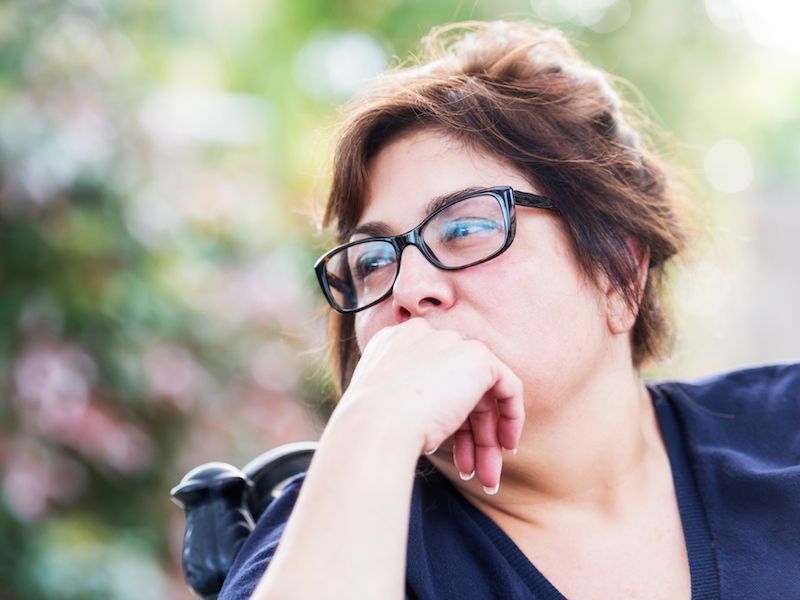
Studies show that people with diabetes are twice as likely to have hearing loss, according to the American Diabetes Association. If you are somebody that associates hearing loss with aging or noise trauma, this might surprise you. In 2010, 1.9 million people were diagnosed with diabetes and nearly 500,000 of them were below the age of 44. Evidence reveals that 250,000 of those younger people who have the disease probably have some form on hearing loss.
The thing is that diabetes is just one of several conditions which can cost a person their hearing. Other than the obvious factor of the aging process, what is the link between these diseases and hearing loss? Consider some diseases that can lead to hearing loss.
Diabetes
It is uncertain why people who have diabetes have a higher occurrence of hearing loss or even if diabetes is connected to hearing loss, but the clinical evidence does point in that direction. A condition that indicates a person may develop type 2 diabetes, called prediabetes, causes people to lose their hearing 30 percent faster than people who don’t have it.
Even though there are some theories, researchers still don’t understand why this occurs. It is feasible that harm to the blood vessels that feed the inner ear might be triggered by high glucose levels. Diabetes is known to affect circulation, so that is a reasonable assumption.
Meningitis
Loss of hearing is a symptom of this infectious disease. Meningitis by definition is inflammation of the membranes that cover the spinal cord and brain, commonly due to infection. Studies show that 30 percent of people who have this condition will also lose their hearing, either partially or completely. Among young people in America, this infection is the second leading cause of hearing loss.
The delicate nerves which send signals to the inner ear are potentially damaged by meningitis. The brain has no way to interpret sound without these signals.
Cardiovascular Disease
Cardiovascular disease is an umbrella term that relates to ailments that involve the heart or blood vessels. This category contains these common diseases:
- High blood pressure
- Stroke
- Heart attack
- Atherosclerosis
- Peripheral artery disease
- Heart failure
Commonly, cardiovascular diseases tend to be linked to age-related hearing loss. The inner ear is susceptible to damage. Injury to the inner ear leads to hearing loss when there is a change in blood flow and it doesn’t get the oxygen and nutrients that it needs to thrive.
Chronic Kidney Disease
A 2012 study published in The Laryngoscope found that people have an increased risk of losing their hearing if they have this condition. A separate study found that chance to be as high as 43 percent. However, this connection could be a coincidence. Kidney disease and other ailments associated with high blood pressure or diabetes have many of the same risk factors.
Another possibility is that the toxins that collect in the blood due to kidney failure may be to blame. These toxins could damage the nerves in the inner ear, closing the connection it has with the brain.
Dementia
The link between loss of hearing and dementia is a two-way street. A person’s chances of getting Alzheimer’s disease seems to be increased by cognitive impairment. Dementia happens due to brain atrophy and shrinkage. Trouble hearing can hasten that process.
The flip side of the coin is true, as well. Somebody who develops dementia even though there is normal hearing will show a decline in their hearing as injury to the brain increases.
Mumps
At an early age the viral infection mumps can cause children to lose their hearing. The decrease in hearing might be only in one ear or it could affect both ears. The reason why this occurs is the virus damages the cochlea in the inner ear. Signals are sent to the brain by this part of the ear. The good thing is mumps is pretty rare nowadays due to vaccinations. Not everyone will suffer from hearing loss if they get the mumps.
Chronic Ear Infections
For most people, the random ear infection is not very risky since treatment gets rid of it. However, the tiny bones of the inner ear or the eardrum can be seriously damaged by constantly recurring ear infections. When sound cannot reach the inner ear with enough strength to deliver messages to the brain it’s called conductive hearing loss. Infections can also lead to a sensorineural hearing loss, which means nerve damage.
Many of the illnesses that can lead to hearing loss can be avoided by prevention. A healthy diet, plenty of exercise and regular sleep habits really help with protecting your ear health throughout your life. You should also get regular hearing exams to make sure your ears stay healthy.

